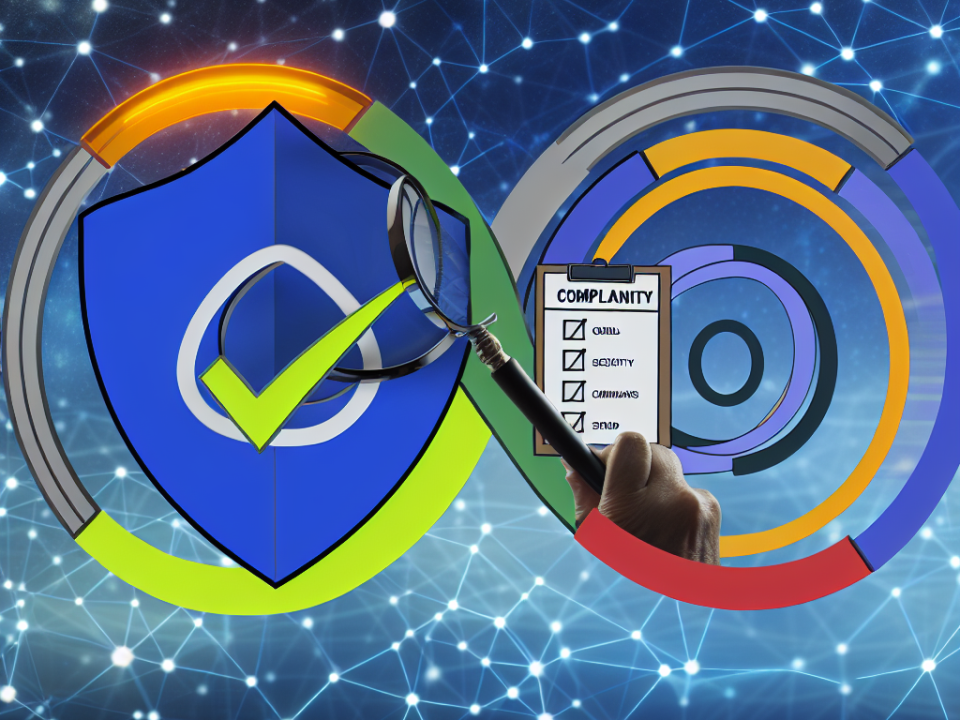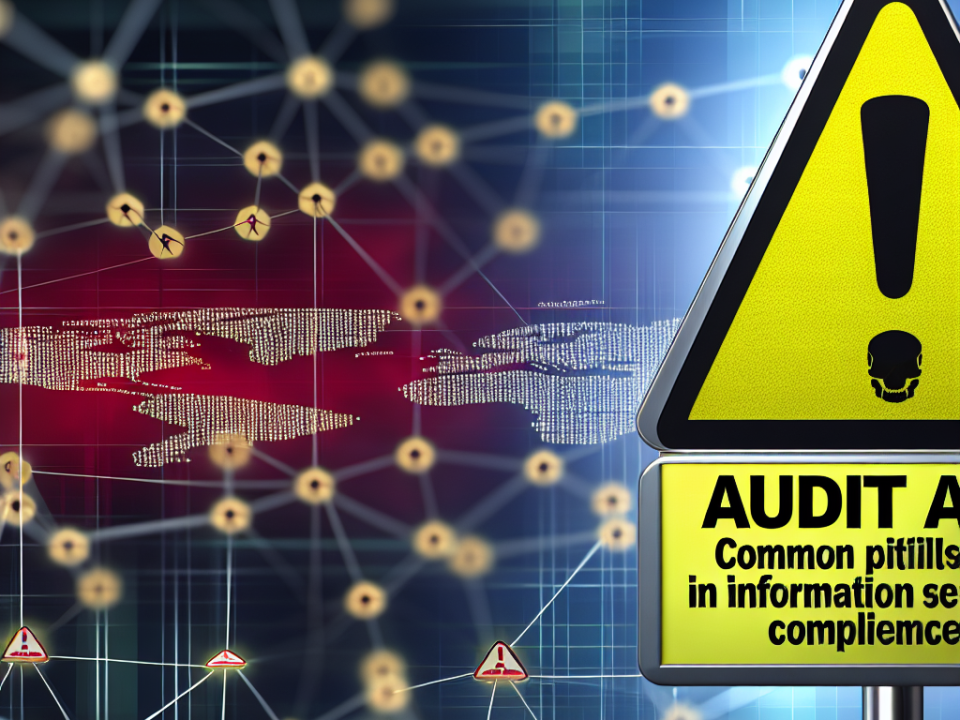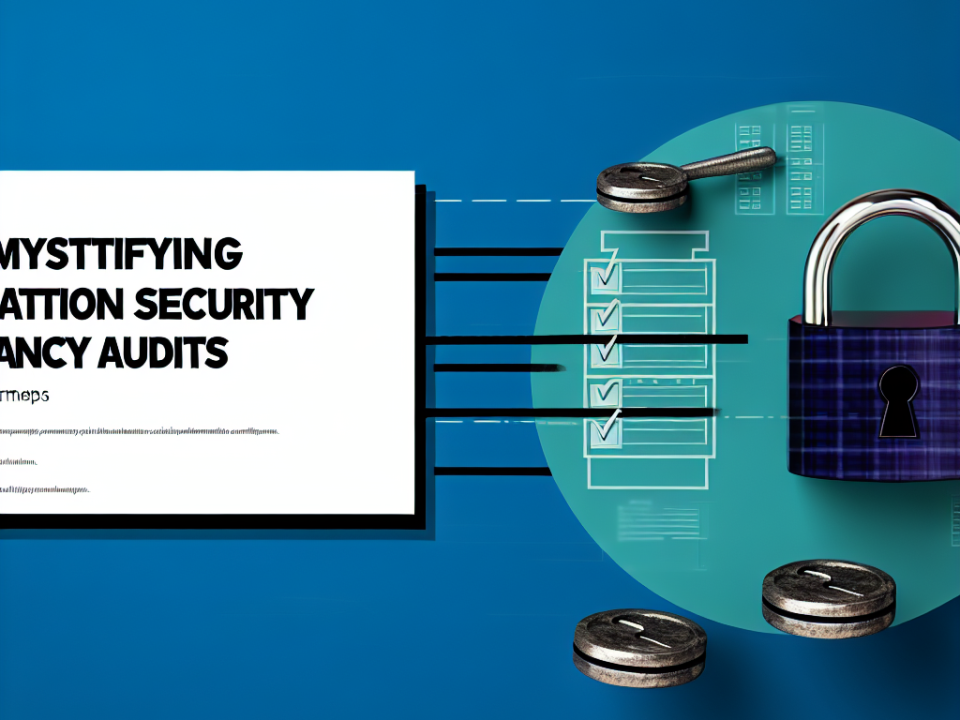
Feel free to modify or mix and match elements from these suggestions!
October 8, 2025
Navigating the Future: Top Cybersecurity Trends to Watch in 2025
October 9, 2025
In an age where the digital landscape shapes every facet of our lives, the importance of robust security measures cannot be overstated. From personal transactions and corporate data to national security matters, the vulnerability of digital systems has become a pressing concern. Industry standard security protocols play a pivotal role in mitigating risks, enhancing trust, and collaborating in building a safer digital world.
Understanding Industry Standard Security Protocols
Industry standard security protocols refer to established frameworks and guidelines that dictate how data should be protected in various environments. These protocols encompass a wide range of measures including encryption, authentication, authorization, and integrity controls. They are formulated by standardization organizations, which ensure that these protocols are universally recognized and adopted across various sectors, including finance, healthcare, telecommunications, and technology.
Key Components of Security Protocols
-
Encryption: At the core of information security is encryption, which renders data unreadable to unauthorized users. Protocols like HTTPS use SSL/TLS to encrypt data transmitted over the internet, ensuring that sensitive information such as credit card numbers and personal details remain confidential.
-
Authentication: Ensuring that only authorized users can access sensitive information is crucial. Protocols such as OAuth and SAML enable secure and reliable user authentication and authorization across different platforms.
-
Data Integrity: Ensuring that data remains unaltered during transit or storage is vital. Protocols that implement checksums and hashing algorithms help verify the integrity of data by detecting any unauthorized changes.
-
Access Control: Role-based access controls (RBAC) and attribute-based access controls (ABAC) regulate who can access which data. Standard protocols help organizations enforce consistent access policies.
- Compliance and Audit Trails: Compliance with regulations like GDPR and HIPAA highlights the importance of maintaining proper security protocols. Industry standards often include guidelines for maintaining audit trails and achieving compliance.
Building Trust Through Standardization
The establishment and adoption of industry-wide security protocols foster trust among users, organizations, and stakeholders. When users see that businesses are employing well-recognized security standards, they feel more confident in sharing their personal data. This sense of security is vital for online transactions and interactions, which are the backbone of the digital economy.
Enhancing Collaboration and Integration
As the digital ecosystem becomes increasingly interconnected, the need for standardized security protocols becomes even more critical. Organizations often collaborate across borders and industries, making it essential to have a common understanding of security practices. Standard protocols simplify integration, allowing different systems to communicate securely without compromising data privacy.
For instance, standardized APIs enable different applications to interact while adhering to the same security protocols. This interoperability is essential for building comprehensive solutions that adequately protect against emerging cyber threats.
The Impact of Emerging Technologies
Emerging technologies like cloud computing, IoT, and artificial intelligence are reshaping the digital landscape and introducing new vulnerabilities. Adopting industry-standard security protocols is more pressing than ever as organizations strive to secure these technologies. For example, frameworks such as the NIST Cybersecurity Framework provide guidelines on managing cybersecurity risks across various technological realms, ensuring that organizations can adapt to changes while maintaining robust security postures.
Challenges in Adopting Security Protocols
Despite the clear advantages, organizations often encounter challenges in adopting and implementing standard security protocols.
-
Cost: Implementing state-of-the-art security measures can be costly, especially for small and medium-sized enterprises.
-
Complexity: The technical complexity of integrating various security protocols can be daunting.
- Lack of Awareness: Many organizations, particularly smaller ones, may not be fully aware of the available security standards and how to implement them effectively.
The Road Ahead
To overcome these challenges and bolster the digital landscape, organizations must prioritize education and awareness about security protocols. Governments and industry bodies can play an instrumental role by providing resources and incentives for businesses to adopt these standards.
Moreover, fostering collaborations among stakeholders—technology providers, businesses, and regulatory agencies—will be essential for developing and maintaining effective standards in a rapidly evolving digital environment.
Conclusion
The continuous evolution of the digital world necessitates a consistent and collaborative approach to security. Industry standard security protocols are at the heart of this mission, offering frameworks that promote trust, protect sensitive information, and pave the way for secure innovation. By prioritizing these standards, we not only safeguard our digital assets but also contribute to building a safer and more resilient digital world for everyone.







